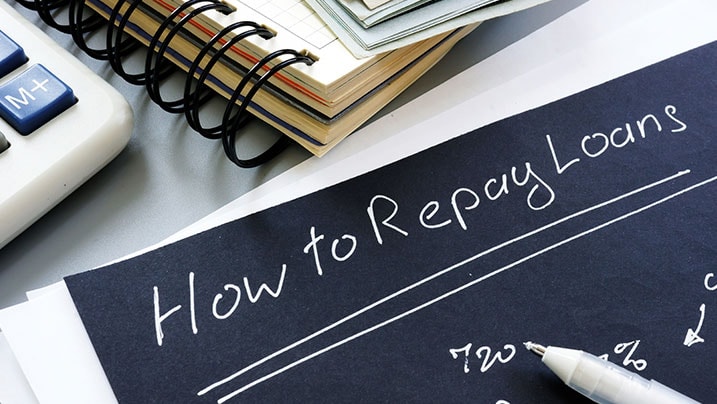
According to a recent study, one in five American borrowers is delinquent on their personal loans. But there are ways to get your head above water and start tackling those repayments. In this post, we’ll share five tips for dealing with personal loan repayment difficulties.
1. Talk to your lender.
If you’re struggling to make your loan payments, it’s important to reach out to your lender as soon as possible. They may be able to work with you on a repayment plan that fits your budget. By doing this, you can avoid defaulting on your loan, which can have serious consequences. Defaulting on your loan can damage your credit score, making it difficult to get a loan in the future. It can also lead to wage garnishment and legal action from your lender.
2. Renegotiate the terms of your loan agreement.
If you’re struggling to make your loan payments each month, it may be time to renegotiate the terms of your loan agreement. You can start by asking your lender for a lower interest rate. If you have bad credit, you may be able to get a more favorable rate by getting a bad credit personal loan from a lender that specializes in loans for people with bad credit. You can also ask for more time to pay off the loan. Your lender may be willing to extend the term of the loan, which would reduce your monthly payments. If you’re having difficulty making your payments, don’t wait until you’re behind on your payments to renegotiate the terms of your loan agreement. Contact your lender as soon as possible to discuss your options.
3. Sell some of your belongings to generate extra cash flow.
If you’re looking for ways to generate extra cash flow, one option is to sell some of your belongings. This can be a great way to raise money for loan repayments, unexpected expenses, or anything else you might need. To get started, simply identify the items you no longer need or want and list them for sale online or in your local community. Be sure to set a fair price and include clear photos so that buyers know what they’re getting.
4. Take on a part-time job or start a side hustle.
There are many benefits to taking on a part-time job or starting a side hustle. In addition to earning extra money, it can also help to gain new skills and experiences. It can also be a great way to meet new people and network. If you’re thinking of taking on a part-time job or starting a side hustle, there are a few things to keep in mind. First, be sure to choose an opportunity that is a good fit for your skills and interests. Second, make sure you have the time to commit to the job or hustle. And finally, be sure to set realistic expectations for how much money you will earn.
5. Ask family and friends for help in paying off the loan.
If you find yourself struggling to make your loan payments, it may be time to seek out some help. One option is to ask your family and friends for assistance. While this may seem like a difficult step to take, it can be surprisingly effective. Your loved ones are likely to be more sympathetic than your lender, and they may be willing to work with you to come up with a payment plan that suits your needs. In addition, they may be able to offer additional resources or support that can help you get back on track. If you’re feeling embarrassed or ashamed about asking for help, remind yourself that you’re not the only one facing financial difficulties. In these tough times, many people are turning to their loved ones for support.
If you’re struggling to make your loan payments, don’t panic. There are steps you can take to get back on track. Talk to your lender about a repayment plan that fits your budget; renegotiate the terms of your loan agreement; sell some of your belongings; take on a part-time job or start a side hustle, and ask family and friends for help. With a little effort, you can get back on top of your debt and start paying off your student loans.




More Stories
The Ultimate Work Desk Kit: From Eye Drops to Vicks Roll On
Essential Insights into Atlanta Insurance: Your Ultimate Guide
Transform Lives by Giving Plasma: A Comprehensive Guide